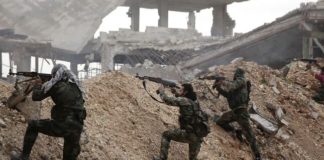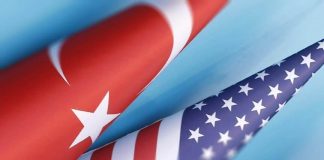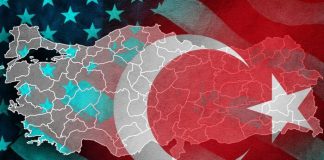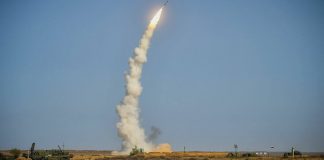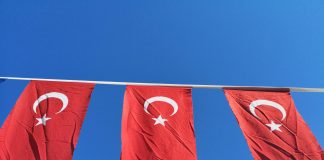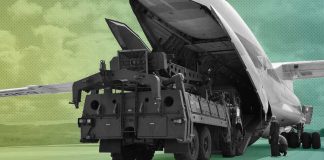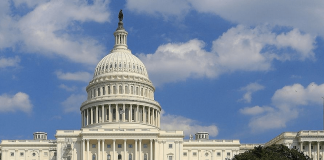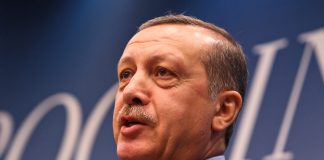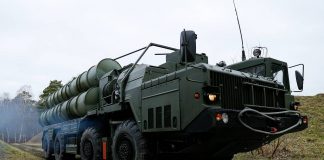S400
The Empire hits back: ISIS, Turkey, Israel and the West attack...
November 18, Israel's Shin Bet Chief met with Turkey's intelligence agency
November 25, NATO Chief met with Erdogan
November 26, Al Qaeda and ISIS...
U.S. lawmakers reject F-16 sale to Turkey
Nov 02 2021
Forty-one members of the U.S. Congress sent a letter to Secretary of State Antony Blinken on Monday, opposing possible plans by...
NATO appoints Turkey to lead drive into the Middle East and...
By Rick Rozoff
April 1, 2021
On the first of the year the North Atlantic Treaty Organization transferred command of the NATO Very High Readiness Joint...
US Worried About Allies Buying S-400s Because It Might Detect F-35...
by Tim Korso
Mar 26, 2021
PHOTO: © Sputnik / Alexey Kudenko
The US has already slammed its NATO ally, Turkey, over its the latter's decision to...
Ankara defies US sanctions, threatens reciprocal steps
Cavusoglu said Turkey’s response would be shaped by a review being carried out by the defence sector into the sanctions’ impact.
17/12/2020
Turkey will not reverse...
Turkey Vows Response to US Sanctions Over Purchase of Russian Missile...
by Ilya Tsukanov
Dec. 14, 2020
Earlier Monday, the US Treasury introduced sanctions on four Turkish officials and the Presidency of Defence Industries, the Turkish government...
What America’s biggest-ever defence bill of $740bn means for Middle East
MEE looks at national defence bill and what it entails for US military's approach to region
10 December 2020
Both the US House of Representatives and...
Erdogan in the Caucasus
Turkey’s Erdogan seems to be doubling down in the Caucasus in search of a victory that might blunt the force of failure everywhere else
By...
‘US Believing It Can Buy S-400s from Ankara is Tragicomic’ –...
3.07.2020
Republican US Senator John Thune on 30 June suggested purchasing and removing the Turkish-owned Russian-built S-400s from Ankara, in a bid to break a...
Turkey’s Critical ‘S-400 Moment’ Has Arrived
By Can Kasapoglu
May 4, 2020
Due to the coronavirus pandemic, Ankara has apparently postponed the activation of the S-400 air-defense missile system it had purchased...
